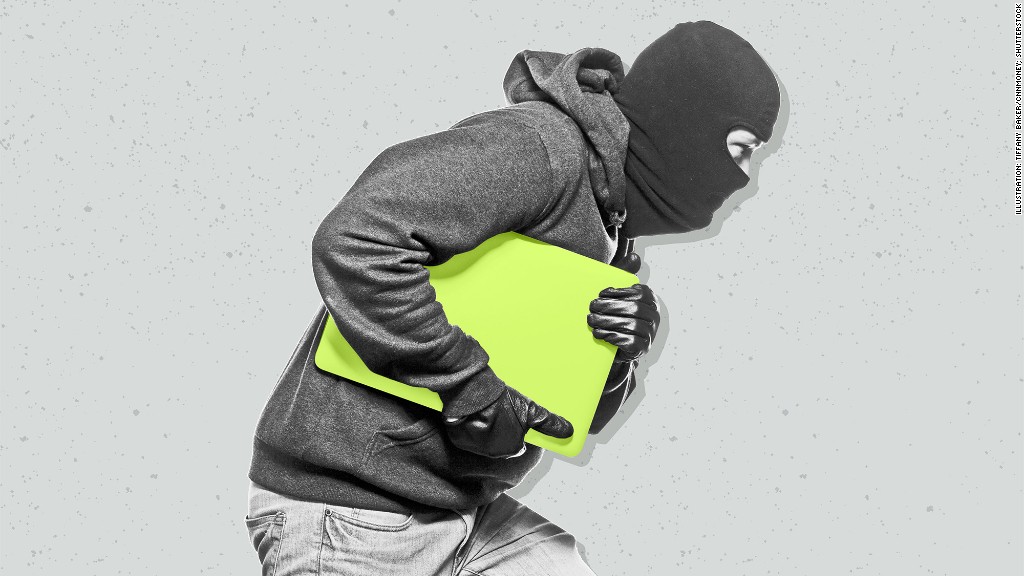
It may get a little harder for criminals to steal your identity and your tax refund in the 2016 tax season.
The IRS, state tax administrators and companies in the tax industry said Thursday that they have agreed on coordinated first steps to combat tax related identity theft. They will share information with each other about suspicious returns and implement stronger authentication methods to verify a taxpayer's identity and data.
"Many major system and process changes will be made this summer and fall by the participants in order to be ready for the 2016 filing season," the IRS said.
That multi-layered authentication will occur mostly on the back-end -- meaning the experience for the taxpayer using tax software may not be much different than it was this year, IRS Commissioner John Koskinen said in a press briefing.
What will be different is that the software makers will share information with the IRS and state revenue departments that will let them see, among other things, whether the return was filed from a "trusted" computer and Internet address, as well as the time it took to complete the return so mechanized fraud can be detected.
H&R Block CEO Bill Cobb, a member of the coalition, had high praise for the IRS in taking the lead on this issue. And he applauded the progress that has been made. His hope going forward, he told CNNMoney, is that the coalition will also agree to have even stronger authentication on the front-end of the process too -- such as more complicated user names and passwords required to get access to a tax software program.
Another area of agreement: Tax preparers and software makers will all share data in a timely way with the IRS and states to alert them to attempted attacks on their computer systems as well as any suspicious returns or filing patterns flagged by those systems.
Related: 4 easy ways to combat tax fraud
The effort is a step in the right direction, given the steep rise in identity theft and refund fraud as well as the rise of organized crime syndicates stealing taxpayer data. And these efforts, the IRS said, will be the first of many to come.
Federal and state tax administrators together with the tax industry formed working groups three months ago amid a dramatic rise in phone tax scams and other efforts by criminals to steal taxpayers' identities and refunds, including the filing of fraudulent state tax returns through TurboTax.
Since then, the IRS reported that criminals used valuable personal identifiers such as Social Security numbers stolen from elsewhere to pose as legitimate taxpayers and ended up stealing 104,000 taxpayers' past tax returns from the IRS Web site. Another 100,000 attempts were unsuccessful.
The coalition also recommended Thursday that Congress take other steps to reduce tax-related identity theft and refund fraud. At the top of their list: Passing proposals that would accelerate the due date for third-party forms such as W-2s, which currently don't have to be sent to the IRS until March 31; and requiring the licensing of all tax preparers.
